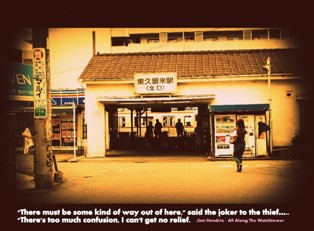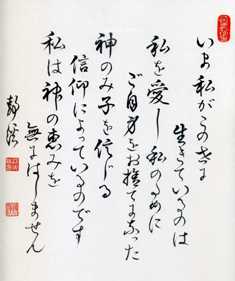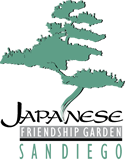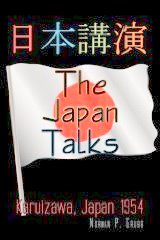Tuesday, August 31, 2021
Saturday, August 28, 2021
Saturday, August 21, 2021
Thursday, August 19, 2021
Tuesday, August 17, 2021
Monday, August 16, 2021
Japan, after the Olympics
Japan, after the Olympics
The Tokyo Olympics ended on a celebratory note, but the reality of life in Japan is different. Coronavirus infections are at a high, and just 36 percent of residents are fully vaccinated. We spoke with Motoko Rich, The Times’s Tokyo bureau chief, to get a sense of the post-Olympics mood. |
What’s life like in Tokyo right now? |
Motoko: There is a sense of cognitive dissonance. In the morning when I watch the news, commentators talk about an increasingly urgent sense of crisis. But the streets and trains are fairly busy. People are going to work in offices and eating lunch in restaurants, drinking coffee in cafes and shopping in stores, though nearly everyone wears a mask. |
Polls found that the Japanese public did not support these Olympics at the start. Did people warm to them? |
Once the Games started, public sentiment softened. During the Games, there were often lines at the five rings statue in front of the Olympic Stadium because people wanted to take commemorative photos. Crowds lined the routes of the long-distance cycling events and the marathon. There were still protests throughout the Games. But for many, it seems the drama of the Games diverted people’s attention away from their pre-Olympics anxiety. Sentiment was no doubt buoyed by the fact that Japan’s Olympic team delivered a great haul of medals. |
What do you think will be the legacy of this year’s Games? |
I am guessing there will be a reckoning for the entire Olympic movement about the cost and sacrifices of serving as a host city. An increasing number of countries are pulling out of bidding for the Games. And with both the likelihood of future pandemics and the reality of climate change hovering over everything we do, those forces are inevitably going to shape future Games.















